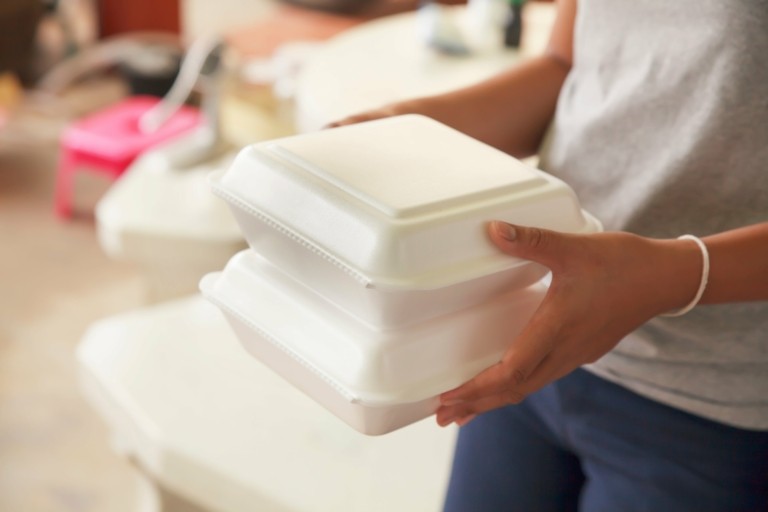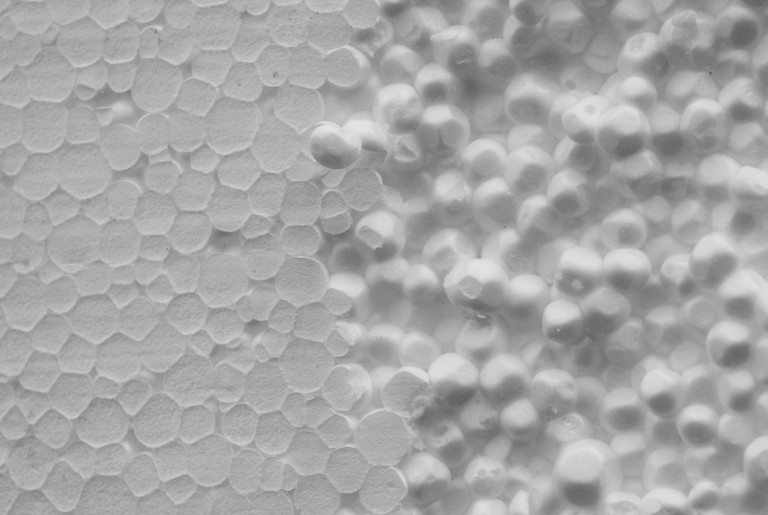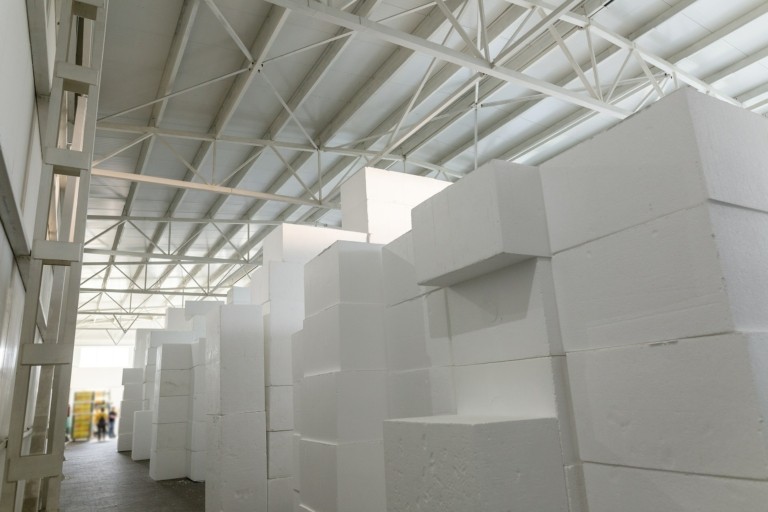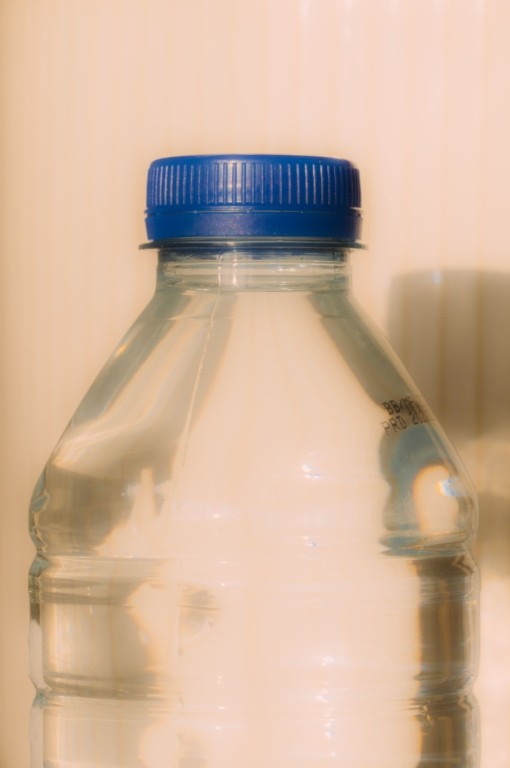
Natureworks and Biodegradable Products Institute, Certified Compost Facilities? or Not…
According to Biodegradable Products Institute they have called and certified compost facilities that will take compostable plastics. Natureworks has published documentation that states ” On the following pages is a select list of industrial or municipalfood composting facilities in the United States. All of these sites
have been independently verified to have the infrastructure and willingness to process compostable plastics with post consumer food waste. “, Biodegradable Products Institutes Independent verification has lead to this article. Number 18 on the list is a compost facility named Sonoma Compost Facilitiy, below you can view their response to compostable plastics.
KALW 91.73 FM in San Francisco takes the story over the air, and publishes the story online.
http://www.kalw.org/post/dirt-compostable-plastics
The dirt on compostable plastics
The Sonoma Compost Company is just off Highway 101, northwest of Petaluma. All day, trucks haul in plant materials; others haul out soil. Sift through that soil, and you might find remnants of chicken feathers (apparently great for vegetable growers), rice hulls (nice for clay soils), and more.
Will Bakx is the owner and operator of the facility. To his mind, those incoming trucks are carrying two types of things. There’s plant material and food scraps from kitchens and yards across Sonoma County. That’s what the trucks are supposed to be carrying. Then there’s what they’re not supposed to be carrying: plastic. “It’s a real problem,” Bakx says.
Bakx has been operating the Petaluma facility for 26 years. It processes about 300 tons of green waste a day – about 1,000 pickup trucks full. In the last few years, though, Bakx and his crew have noticed an increasing amount of what’s known as compostable plastic.
“We have over here about five to six people working on the sorting before it goes to the grinder,” Bakx explains. “And then I still have one to two people cleaning up between the wind rows out here of compost.”
Here’s the thing: Bakx doesn’t take plastics – not any plastics. Instead his employees spend lots of time picking out those supposedly compostable forks and bags and throwing them in the trash.
That’s right: If you dropped it in the compost bin in Sonoma County, the compostable fork you felt so good about using probably went to the landfill. Bakx explains that when compost includes plastics, the resulting soil isn’t considered organic. That means it can’t be sold to organic farmers.
“It is extremely effective in consumer confidence when they see you go through the efforts to meet the standards for organic growing,” he says. “It really enhances the confidence they have in my materials.”
Apart from wanting to stay organic, Bakx has a lot of hesitation about compostable plastics. He says they used to be made exclusively from plants, but that’s changed as the industry has grown. These days, compostable plastics are often made out of oil-derived material, and many are 100% petroleum based. When asked how these supposedly-compostable products could be petroleum-based, Bakx answers, “The molecular structure is such that the microbes can consume it.”
In other words, it isn’t identical to oil, but it’s derived from it.
The U.S Composting Council is studying the impacts of compostable plastics. So in a few years, we may see new standards for what it means to say a plastic is compostable. But for now, with everybody eager to save the earth, it’s composters like Will Bakx who are left holding the proverbial compostable trash bag.
This story originally aired January 24, 2012.



